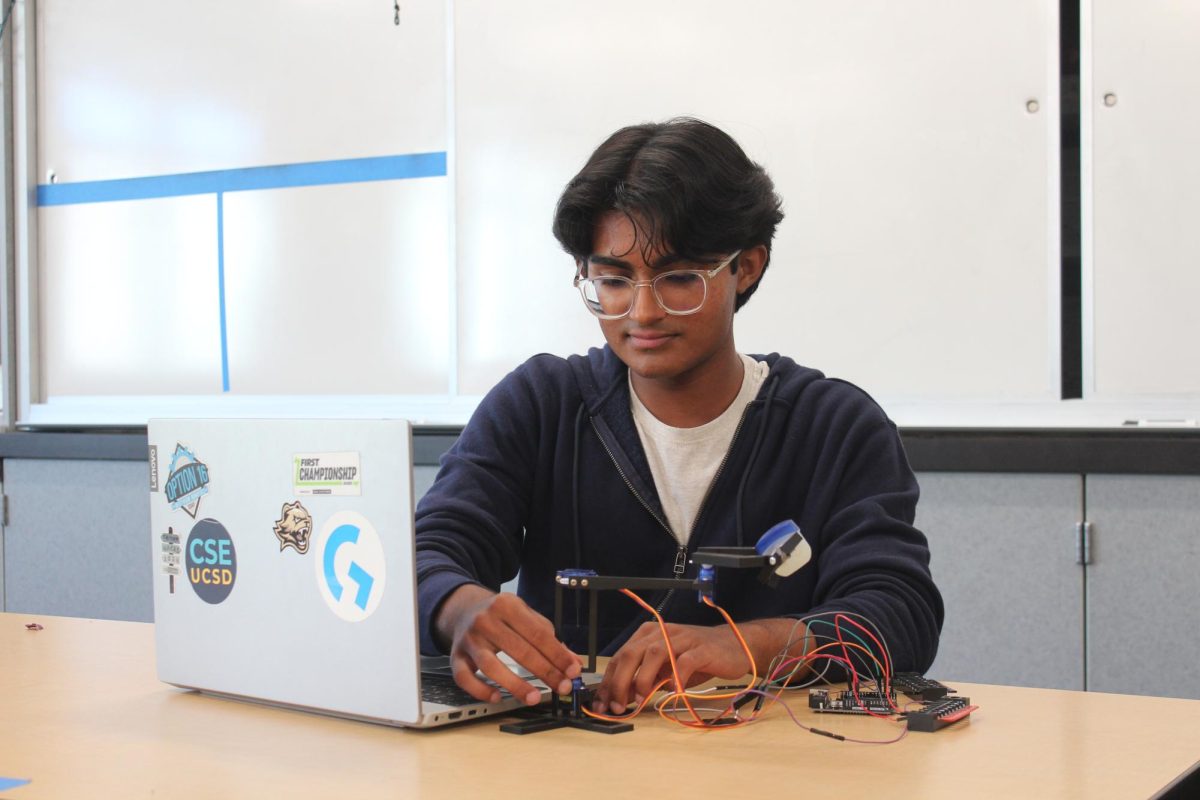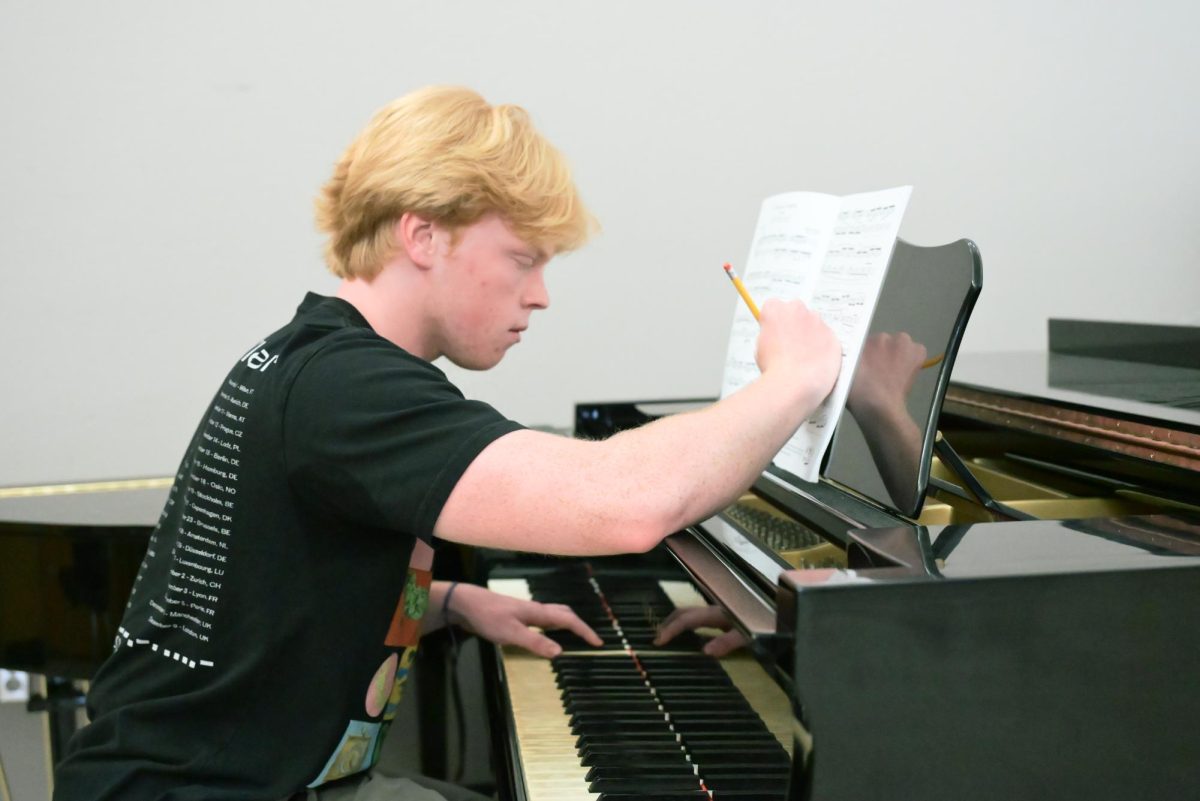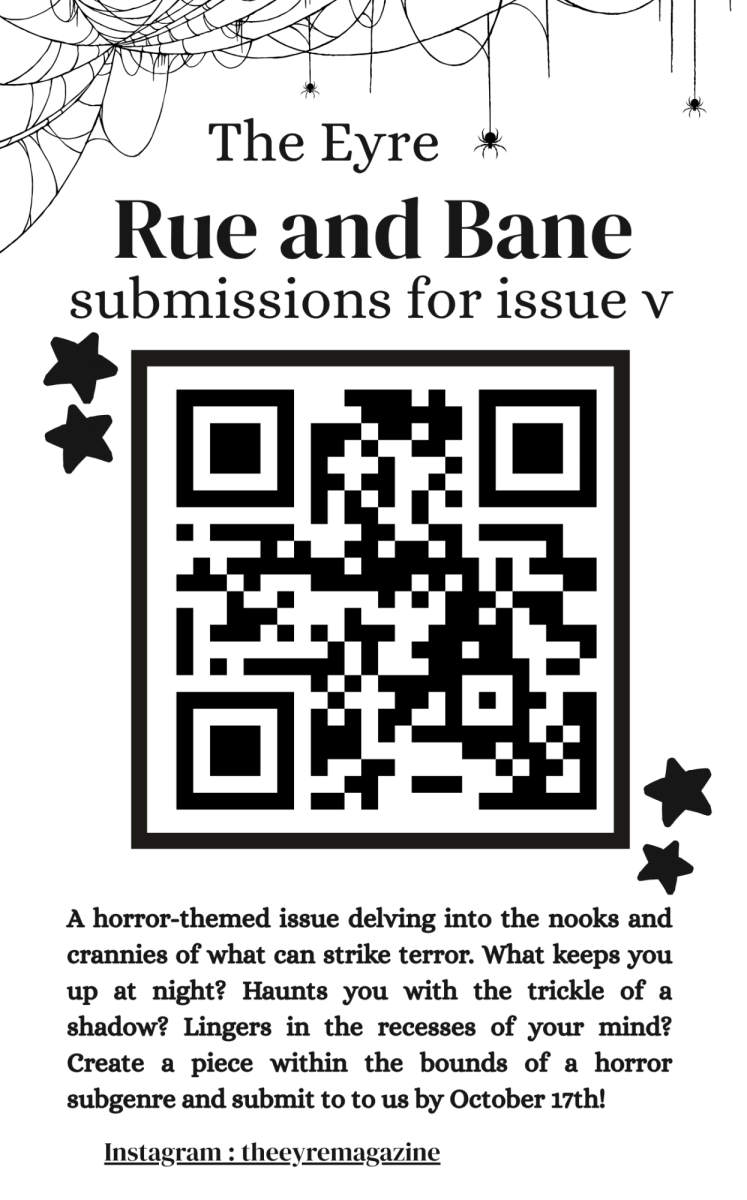Cabaret
“Life is a cabaret”
In the aftermath of World War II, humanity questioned itself, disillusioned, demoralized, destroyed. These atrocities burned into their minds, leaving a reprehensible mark on history; how could men tolerate such primal and blatantly unethical genocide? How could citizens allow themselves to be compliant to a dictator, one in which they watched their neighbors, friends, even family die? How could the world let Hitler build up rampant, unchecked power?
It feels unpreventable almost, something that rapidly and entirely consumed the 1940s, as an unprecedented force. But, in reality it was simple; it wasn’t an impenetrable evil. It was a willful ignorance that people allowed themselves to experience, shunning the signs of an impending tragedy and forcing themselves to believe that it wouldn’t affect them. It was a psychological dissonance covered up by blissful indifference; Germans couldn’t bear to think about the dreadful, so they instead turned their focus to the pleasures of distraction, until they no longer could. Because, “What good’s permitting some prophet of doom to wipe every smile away?”
These lyrics come from the musical 1966 Cabaret, which tells the dangers of turning a blind eye to precarious political ongoings; essentially, it warned against escapism, the attempt to find temporary relief in the face of profuse problems. The play takes place in the Kit Kat Club, a superficial, seedy nightclub that uses sex, drugs, and alcohol to divert people’s attention from the rising Nazi party. Sally Bowles, one of their performers, lives flippantly and carelessly, telling herself that nothing should be taken seriously, as ‘Life is a cabaret.” So, instead, she indulges herself in self-destructive habits, running away from anything that might bring her permanent fulfillment, for easy, ephemeral highs and effectively refuses to acknowledge Germany’s menacing instability and her own failing sanity.
Cabaret lies in its irony: fleeting happiness is the reward of bystanders who refuse to take action, but the inescapable, increasingly worsening fall is the vicious consequence. The greater meaning of Cabaret, however, lies in how it mirrors our narrative today.
As we look toward our current administration, at times, it doesn’t feel real; every new headline is the thousands of ICE deportations of children, students, and families; it’s the defunding of higher education; it’s the countless human rights violations happening in our first-world country; it’s the attack on minority rights; it’s the downfall of our public health system; it’s the stripping away of our precious democracy. In a way, it feels somewhat comical; our reality is a joke, rather, a cabaret that we all bear witness to, but feel too taken aback to do anything about. Many, including me, have therefore turned away, choosing to distance themselves from these issues. It’s a defense mechanism; it’s easy, comfortable even, to live in ignorance, thinking, hoping it won’t affect us. But, life isn’t a cabaret.
We can continue to disregard our problems, pushing forward while watching others nationally and internationally suffer, letting ourselves get off scot-free. This is the individualistic mindset that dismantled Germany in the 20th century, and it’s what will launch us into another worldwide calamity. It’s difficult, and yet, being conscious and aware is the most powerful weapon we have right now to protect our rights and stand up for ourselves and the people we love. Our anxiety, fear, and anger are emotions we can utilize against authoritarianism.
Let us not exchange short-term contentment for long-term cabaret.






